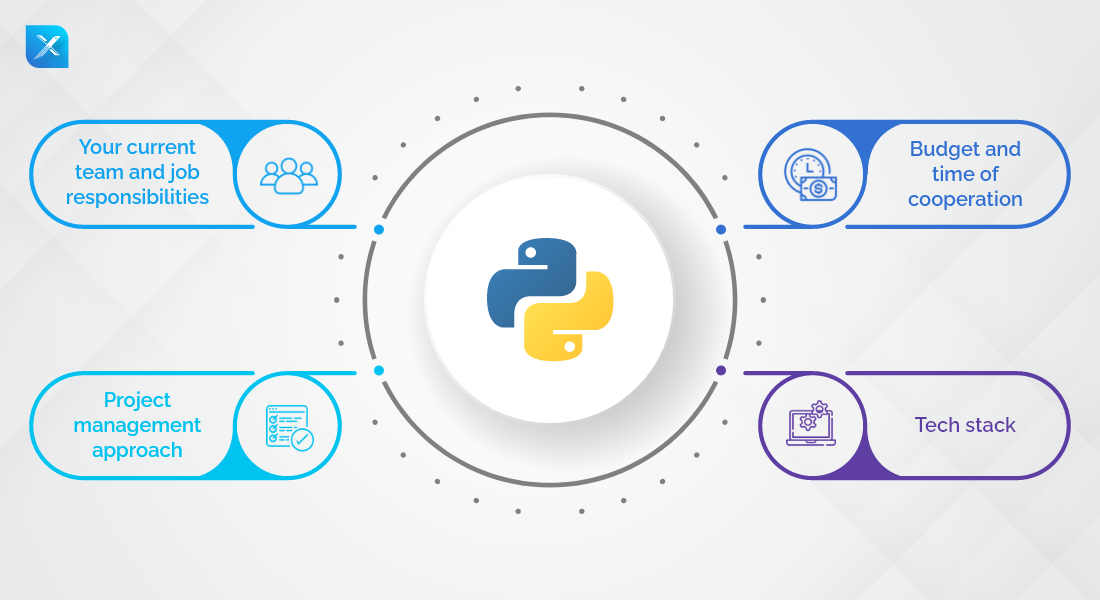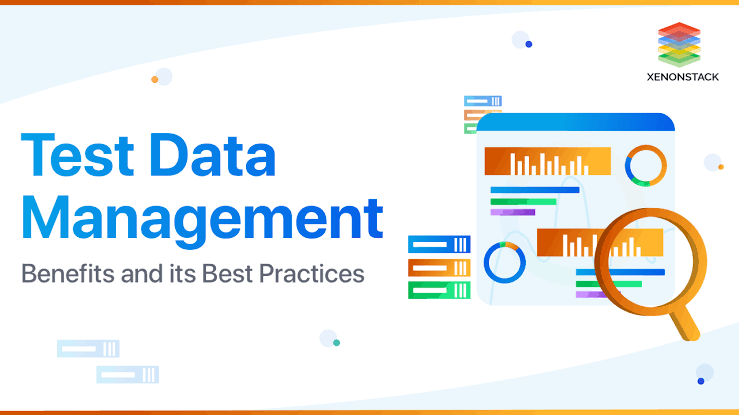How to Manage an Outsourced Python Development Team Effectively

In today’s fast-paced world, businesses often turn to outsourcing to enhance their development capabilities. One area that has seen significant growth in outsourcing is Python development. However, managing an outsourced Python development team can present unique challenges. This article explores effective strategies to help you navigate these challenges and ensure the success of your outsourced Python development team.
Establish Clear Communication Channels
Establishing effective and clear communication channels is the first step toward ensuring smooth collaboration with an outsourced Python development team.
Define communication protocols: Define how team members should communicate and establish preferred methods, such as email, instant messaging, or project management tools.
Regular check-ins: Schedule regular check-ins to discuss project progress, address any concerns, and provide feedback.
Foster open communication: Encourage team members to ask questions, share ideas, and provide honest feedback. This fosters a collaborative environment and helps build trust among team members.
Build a Strong Relationship
Building a strong relationship with your outsourced Python development team is crucial for long-term success. You can outsource python development services to access a team of skilled and experienced Python developers who specialize in the language. These developers have a deep understanding of Python, allowing them to deliver high-quality code and solutions. Here are some tips to foster a positive working relationship:
Treat the team as an extension of your in-house team: Make the outsourced team feel like an integral part of your organization. Involve them in team meetings, share relevant company updates, and foster a sense of belonging.
Encourage cross-cultural understanding: Recognize and appreciate cultural differences within the team. Encourage teams to learn about other cultures, traditions, and working styles. This fosters empathy and understanding.
Celebrate successes: Acknowledge and celebrate the accomplishments of the outsourced team. Recognize their hard work and contributions to the project’s success. This boosts morale and motivates the team to excel further.
Set Clear Expectations
To ensure that the outsourced Python development team meets your project requirements, it is essential to set clear expectations from the beginning.
Define project goals and objectives: Communicate the project’s goals, objectives, and desired outcomes to the outsourced team. This ensures everyone is aligned and working towards the same vision.
Establish project milestones and deadlines: Break down the project into manageable milestones and set realistic deadlines. Regularly track progress to ensure timely completion.
Define quality standards: Clearly articulate the quality and coding standards, testing procedures, and documentation requirements expected from the outsourced team.
Provide Clear Documentation and Resources
To ensure smooth collaboration, provide the outsourced Python development team with clear documentation and necessary resources.
Detailed project requirements: Provide comprehensive documentation outlining the project requirements, functional specifications, wireframes, and design guidelines. This minimizes ambiguity and ensures accurate implementation.
Access to necessary tools and infrastructure: Grant the outsourced team access to the development tools, version control systems, and project management platforms. This enables seamless collaboration and efficient workflow.
Knowledge transfer and training: Provide training sessions or resources to familiarize the outsourced team with your systems, processes, and internal tools. This helps them adapt quickly and deliver high-quality work.
Regularly Monitor and Evaluate Performance
Continuous monitoring and evaluation ensure the outsourced Python development team’s performance aligns with your expectations. Experienced software product development services leverage their expertise to ensure that the end product meets the client’s specifications and adheres to industry standards.
By providing comprehensive software product development services, companies empower businesses to transform their ideas into market-ready software solutions, enabling them to stay competitive in the ever-evolving digital landscape.
Track progress and deadlines: Regularly monitor the team’s progress against milestones and deadlines. Identify potential bottlenecks early and address them proactively.
Provide constructive feedback: Offer regular feedback, highlighting areas of improvement and recognizing strengths. This encourages growth and helps align the team’s work with your expectations.
Conduct performance reviews: Periodically evaluate the team’s performance through formal performance reviews to address any concerns, set new goals, and recognize achievements.
Conclusion
Managing an outsourced Python development team effectively requires clear communication, setting clear expectations, building strong relationships, providing necessary documentation and resources, and continuous monitoring and evaluation.
By implementing these strategies, you can overcome the challenges of managing an outsourced team and ensure successful collaboration. Remember, effective management is the key to harnessing the full potential of your outsourced Python development team and achieving your project goals.






